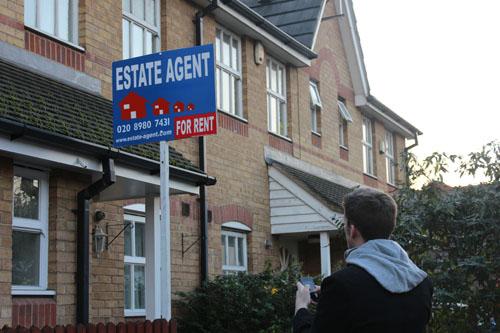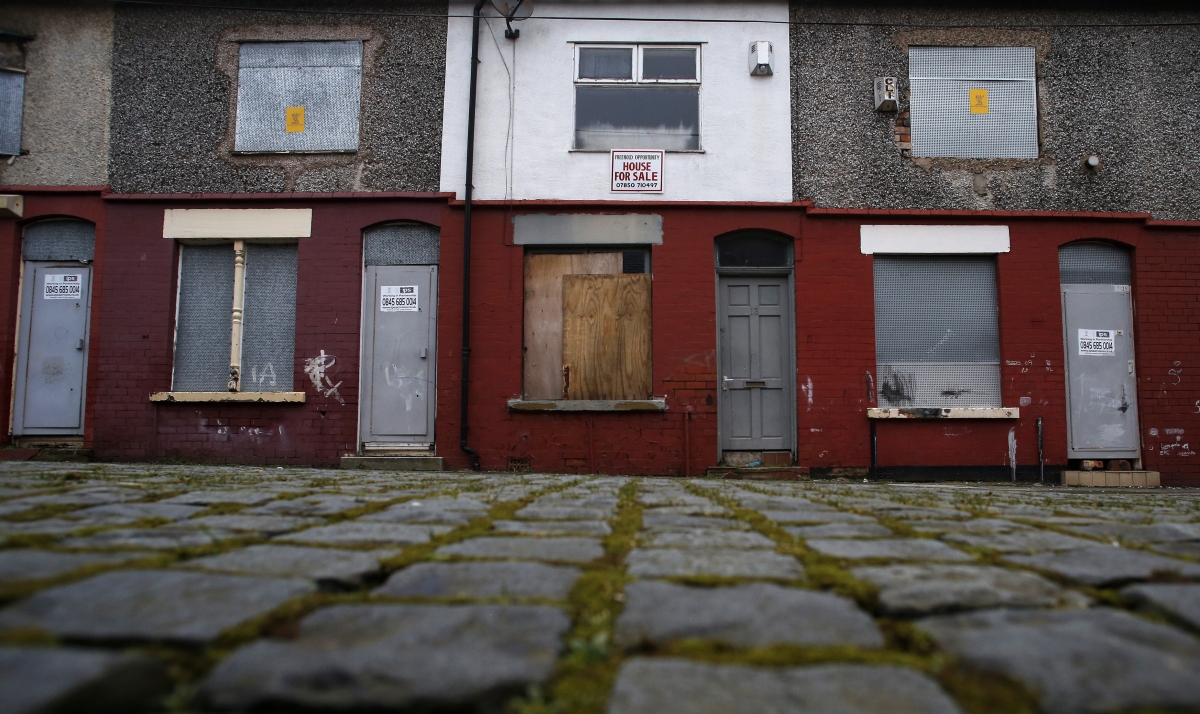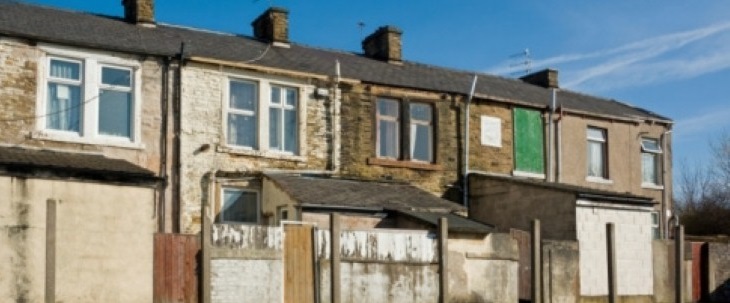One of the Government’s most senior housing civil servants has admitted that new government policies will not end the housing crisis and that homelessness will continue to rise.
Questioned by MPs about why the Government is failing to build enough homes, the Permanent Secretary to the Department for Local Government Melanie Dawes admitted that Theresa May’s new policies will not stop the country’s housing crisis from continuing “as it has done for decades.” Miss Dawes added that she was “simply being honest” when she revealed that houses prices are set to stay out of reach of those who cannot offered a property and that homelessness will continue to rise.
The revelation comes less than one month after after ministers launched a new White Paper “Fixing our broken housing market” which promised radical policies to solve the housing crisis and increase the supply of new homes.
When asked whether the housing crisis will ever resolve itself, Miss Dawes claimed that “It will continue as it has done for decades, I agree, and that will show itself primarily in affordability and in some places in homelessness”
Revelations about the UK’s inability to tackle the housing crisis comes as average house prices have surpassed ten times the average salary in some parts of the country. In November 2016, data published by the research firm Hometrack showed that with house prices in London are now 14.2 times the average salary. Cambridge, Oxford and Bristol were also identified as highly unaffordable cities with house price-income multiples close to those in the capital. At the same time the number of households made homeless has risen to more than 50,000 per year.
Commenting on the comments made before the public accounts committee, Labour’s shadow housing minister, John Healey, claimed that Miss Dawes’ appearance confirmed the Government’s policies were not working. “It’s clear that the Government’s housing plans have failed, are failing and will continue to fail.”
“Since 2010, home-ownership has fallen, homelessness has more than doubled and affordable house-building fell last year to the lowest level in 24 years.
“After seven years in Government, there’s now a huge gap between the rhetoric and record of Tory Ministers on housing. We need less hot air and more homes from Ministers to fix this housing crisis.”
During the presentation of the Government White Paper in Parliament, the Communities Secretary Sajid Javid, said: “The housing market in this country is broken and the solution means building many more houses in the places that people want to live.”
Mr Javid also claimed that relative to population size, Britain has had Western Europe’s lowest rate of house-building for 3 decades. The Communities Minister claimed that the Government would honour its 2015 manifesto promise to preserve the green belt yet remove the Government’s role in land-banking and free up more public sector land more quickly. Furthermore, in a reversal of decades of housing proposals, the white paper indicated that new homes will be built to rent rather than for first-time buyers.
The extent of the housing crisis comes as data show that private sector rented housing is the most expensive and has the lowest standards of any housing type. According to Parliament reports, private renters now spend an average of 49% of their income on rent despite nearly one-in-three privately rented houses failing to meet minimum government housing standards.
The Renters Alliance helps renters with bad landlords and letting agents. If you have a story you would like to share, please contact the National Renters Alliance through our website or email us at contact@nralliance.co.uk




